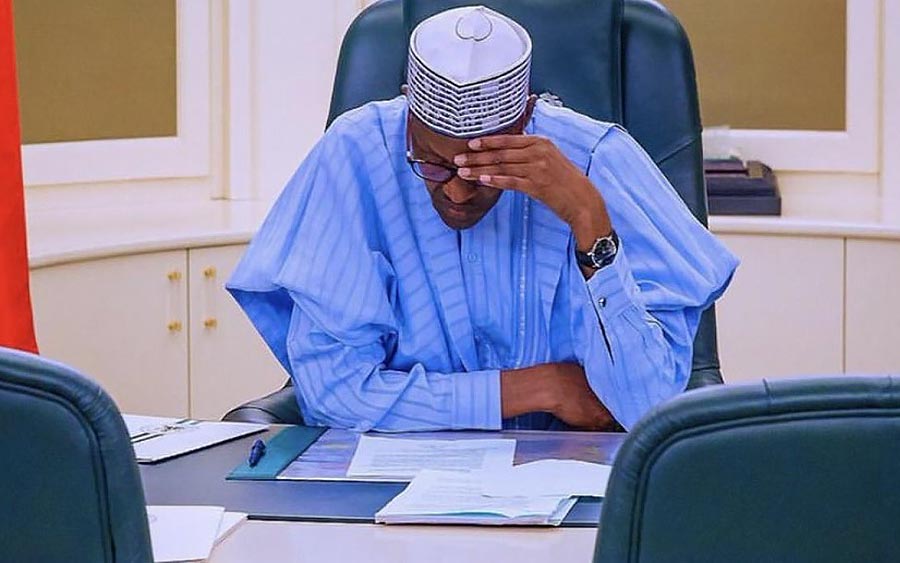Data obtained from the Central Bank of Nigeria (CBN) show that Nigeria spent a whopping $1.31 billion to cover external debt obligations between January and November 2019.
According to the data obtained by Nairametrics, external debt service payment stood at $1.31 billion at the end of November 2019, compared to $1.47 billion spent in the corresponding period of 2018.

Debt Service jumps by 254% in 5 years
Nigeria’s debt profile continues to snowball and its attendant cost is worrisome. Specifically, the country’s total debt stock constitutes both external and domestic debts. As at June 2019, the country’s total external stood at N8.32 trillion ($27.1 billion). Overall, Nigeria’s public debt stock stood at N25.7 trillion (US$83.8 billion).
- Meanwhile, the country pays a lump sum to several external organizations that grant loans to it, and these include the World Bank, African Development Bank, Exim Bank of China, Exim Bank of India and so on.
- In 2015, which marked the start of President Muhammadu Buhari’s first term administration in office, Nigeria paid $378.9 billion to external debt service payment.
- Fast forward to 2018, the sum of $1.47 billion was recorded while $1.31 billion was paid in 2019.
- This means external debt service payment alone rose by 245.9% between 2015 and 2019 while an accumulated $3.95 billion was paid between the periods.

[READ MORE: Nigeria spends N1.08 trillion to import used cars and motorbikes in one year)
Some major Concerns
Experts continue to stress that while the country’s debt to GDP ratio is sustainable for now, the cost of servicing the debt eats deep into the country’s already depleting revenue.
Critics of the government have complained about the government’s penchant for debts, believing that it could put the future of younger Nigerians in jeopardy.
Recently, Former Vice President and defeated PDP Presidential candidate, Atiku Abubakar, stated that, “the fact that Nigeria currently budgets more money for debt servicing (N2.7 trillion), capital expenditure (N2.4 trillion) is already an indicator that we have borrowed more money than we can afford to borrow.”
However, the International Monetary Fund (IMF) passed a vote of no confidence on the most populous black nation. The IMF stated that though Nigeria’s debt to gross domestic product ratio has increased to 28%, as it remains lower than the average ratio recorded in sub-Saharan Africa. According to the IMF, only African countries like Kenya, Zambia and others are in a position where they can’t afford to pay back their debts.
Debt service gulps N2.45 trillion in 2020 budget
To implement numbers contained in the 2020 budget, debt service is expected to reach an unprecedented level as proposed by the Federal Government.
President Muhammadu Buhari signed the N10.59 trillion 2020 budget in December 2019. Meanwhile, the budget, which is 18.8% higher than that of 2019, is largely expanded to service debt.
As contained in the budget, the Federal Government budgeted N2.45 trillion to service debt in 2020. This is just slightly below N2.78 trillion budgeted for the total capital expenditure.
[READ ALSO: Nigeria spends N8 billion annually to import vaccines)
It should be noted that in the 2020 budget, the overall budget deficit is N2.175 trillion. This means the 2020 budget deficit is largely due to debt service payment as it gulps 23.1% of Nigeria’s budget.
Experts continue to stress that the 2020 budget lacks the capacity to drive key developmental metrics in the economy.
Though the Federal Government has continued to express optimism for an improved revenue base in 2020, critics believe it is biting more than it can chew as it approached World Bank for $2.5 billion facility.
If the country’s revenue base fails to improve, critics argue the nation may be sitting on gun powder.











